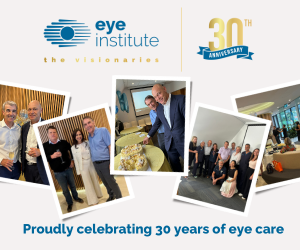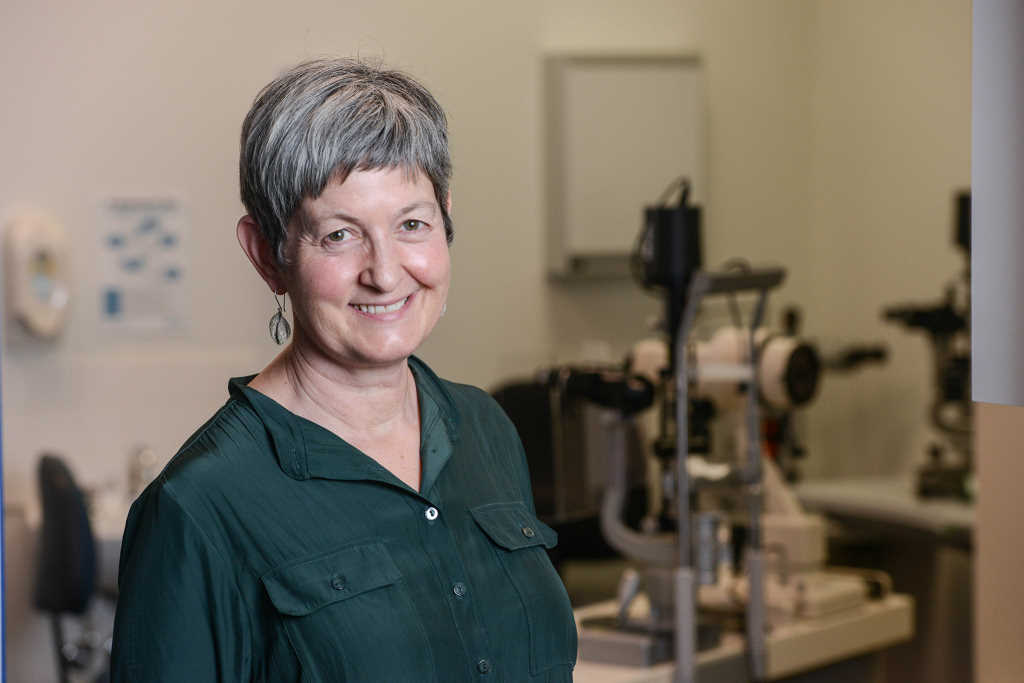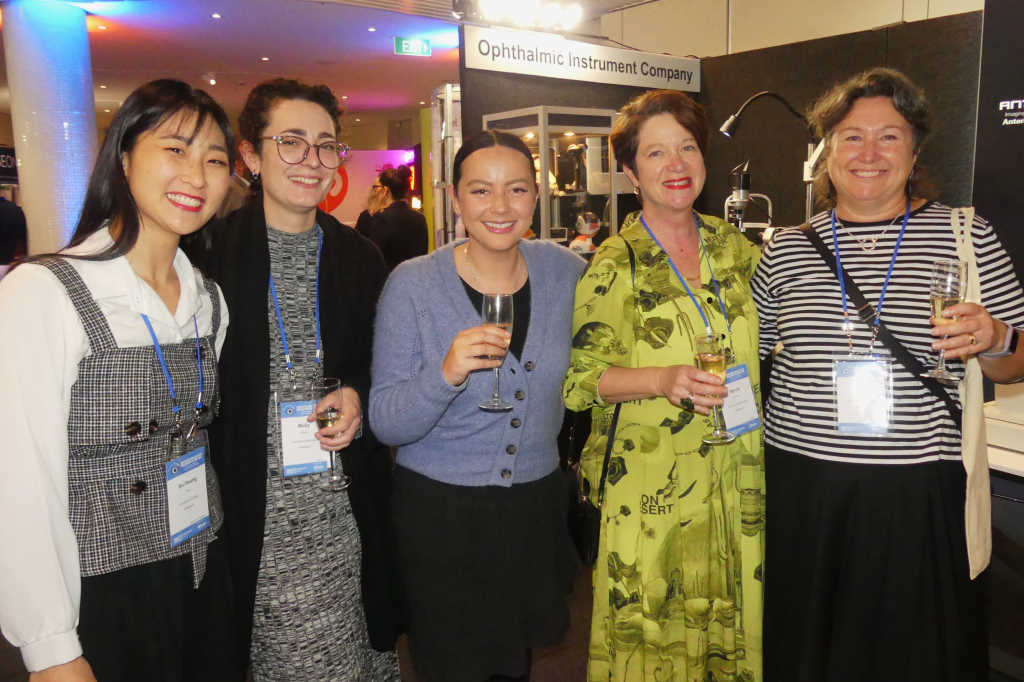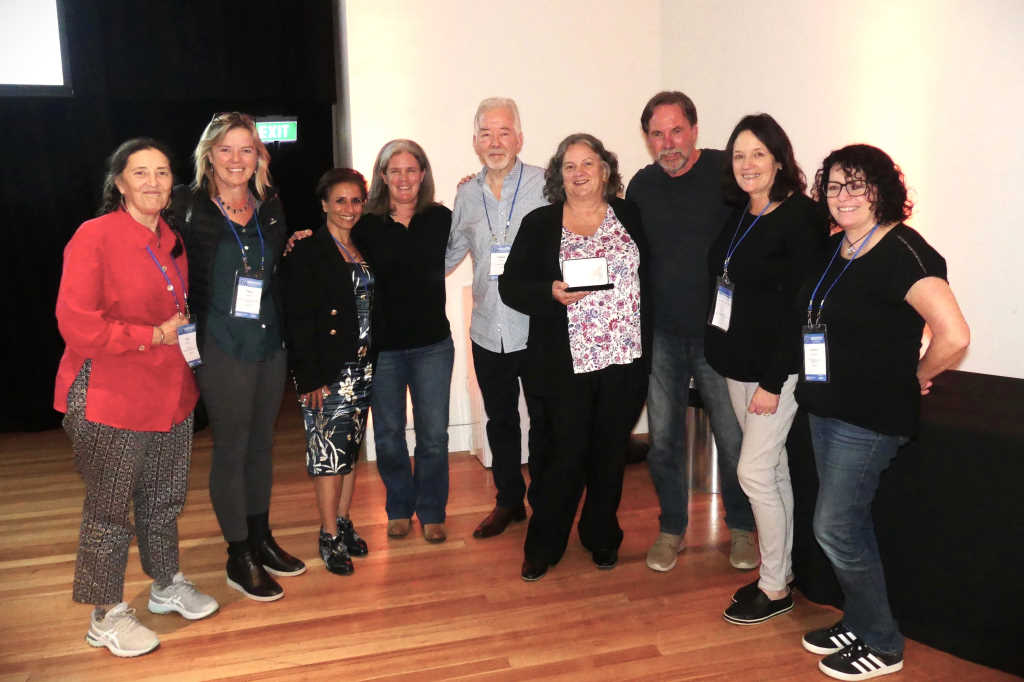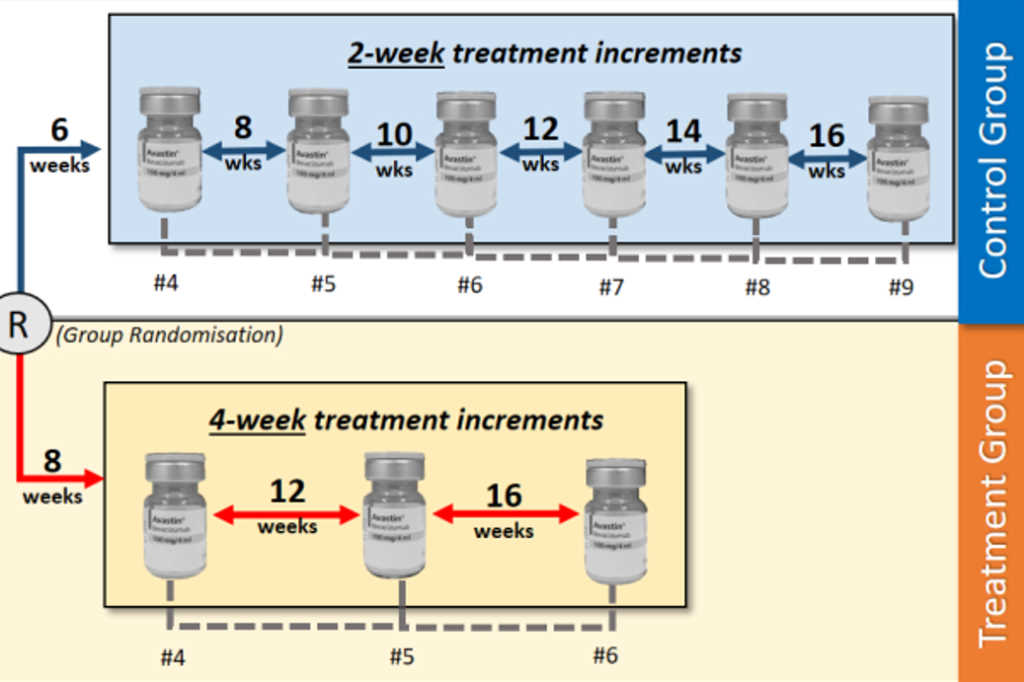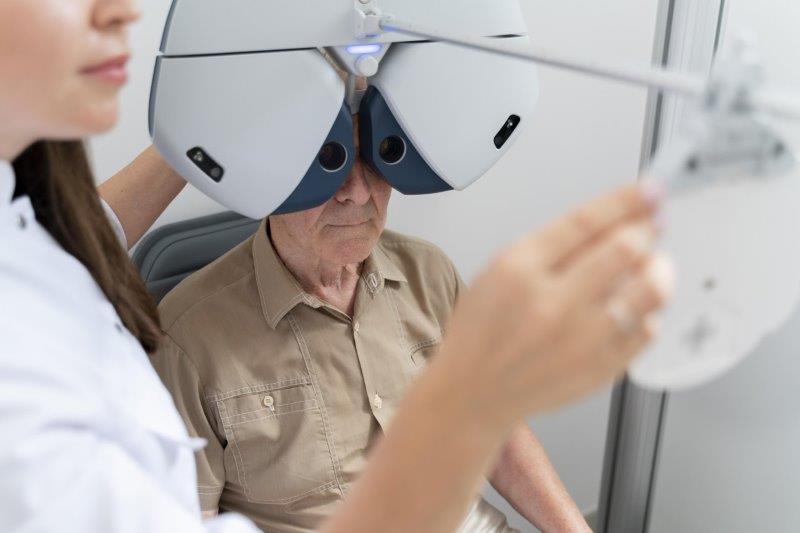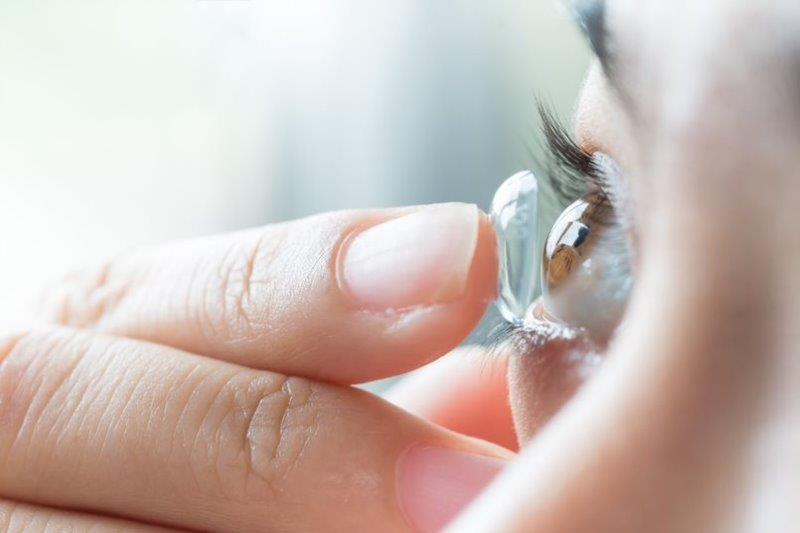RANZCO NZ 2023: Meet the speakers
The RANZCO NZ Branch 2023 Annual Scientific Meeting, themed 'More than meets the eye', promises an exciting educational programme focusing on age-related macular degeneration and other retinal conditions; advances in vitreoretinal surgery; uveitis, inflammatory eye diseases, and systemic immunosuppression; novel approaches to cornea and refractive surgery; and basic and complex cataract surgery. International keynotes joining the meeting in person are: Distinguished Professor Jod Mehta (Singapore), Professors Matthew Simunovic and Justine Smith (both from Australia) and Dr Penelope Stanford (UK).
Distinguished Professor Jod Mehta
Dr Jod Mehta is a distinguished professor in clinical innovation in ophthalmology at the Singapore National Eye Centre (SNEC). He is also a professor with Duke University and the National University of Singapore’s medical school, deputy CEO of research and a senior cornea and refractive surgeon at SNEC, executive director of the Tissue Engineering & Cell Therapy Programme at Singapore Eye Research Institute. Prof Mehta’s clinical teaching is focused on advanced forms of corneal transplantation and corneal imaging and he has received 60 national and international awards for his work, most recently the Casebeer Award from ISRS/AAO (2020), the Charles Tillett Lecture from the Fuchs Society, USA (2020) and the 11th College of Ophthalmologists lecture, Singapore (2022).
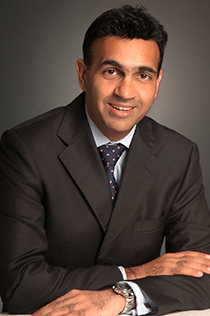
Distinguished Prof Mehta
Prof Mehta said he is very much looking forward to visiting Wellington and New Zealand for the first time. Delivering talks on his subspecialties of cornea and refractive surgery, Prof Mehta said it was a lucky speciality choice, given the incredible advancement these fields have undergone in the last 20 years. Motivated by the desire to improve his patients’ lives, Prof Mehta acknowledged their role in driving improved outcomes though participation in translational research.
Looking at advances coming in the next few years, Prof Mehta said he’s excited about cell-based therapy for endothelial disease, the first patient to have a modified keratoprosthesis, integrated alignment for lenticule extraction and new anterior capsule clip lenses for cataract surgery.
Professor Justine Smith
This year’s Dorothy Potter Medal lecturer, Professor Justine Smith, is an internationally recognised specialist in the causes, effects and treatment of uveitis, with her work extending to infection by parasites, viruses and ocular cancers. She is a strategic professor in eye and vision health and the Matthew Flinders distinguished professor at Flinders University. She is also a principal research fellow at the South Australian Health and Medical Research Institute and a fellow of the Australian Research Council. In 2017 she was named a Superstar of STEM by Science and Technology Australia and is a passionate advocate for supporting girls and women pursuing science careers.
In her early years, Prof Smith said her specialty was so new you could gather all the uveitis specialists from around the world in one large restaurant. “Now there are lots more of us, but in the mid-’90s immunology was a very new and blossoming field. At the time I was doing my training nobody in South Australia specialised in uveitis. I thought it was an interesting area because the patients had inflammation and often inflammatory diseases in other parts of the body; it wasn’t just about the eye.”
One of Prof Smith’s current research projects, which she will cover in her Dorothy Potter lecture, is the establishment of an international registry for vitreoretinal lymphoma. A rare disease affecting less than one in one million Australians, it has a very poor prognosis, with most patients not living more than five years past diagnosis. “Because it's so rare, it becomes almost impossible to do clinical trials, even on a national basis. So we've set up the international registry to advance clinical practice and improve patient outcomes.”
Reflecting on her career thus far, Prof Smith said she is very proud to have been the only Australian to date to have served as president of ARVO, the largest global society for eye and vision research, from 2013 to 2014, and executive vice president from 2017 to 2022. "I was elected by the board and the membership, and that was a great honour for me. I was delighted to serve. It was a huge privilege, especially in the executive vice president role – you’re really serving the membership. So it was an opportunity to really support all those researchers around the world to do great things.”
Professor Matthew Simunovic
Dr Matthew Simunovic is a professor of ophthalmology and visual science at the University of Sydney and a vitreoretinal surgeon at Sydney Eye Hospital and the Sydney Children’s Hospitals Network. He also leads the Retinal Disease and Rescue Group at the Save Sight Institute, where his work involves investigating functional biomarkers for retinal disease, bionic approaches to vision restoration, retinal drug delivery, disease registries and clinical trials.

Prof Simunovic
Prof Simunovic was the first Australian surgeon to deliver a Luxturna injection back in 2020. Speaking about the experience, he said early in his career, gene therapy was being touted as a possible treatment for genetic retinal disease. “It was my hope to one day be involved in delivering this treatment and other emerging treatments for retinal disease as I progressed through my clinical training, so this was a tremendous opportunity on a personal level.” However, perhaps more importantly is how the treatment has positively affected his first two patients, two siblings, and their family. “The phase 3 results of what is now known as Luxturna were deeply impressive, with a more than 100-fold average improvement in light sensitivity. I knew that adeno-associated viral vector gene therapy resulted in relatively rapid expression, still it was amazing to hear from the first patient how his world changed two weeks after surgery – seeing stars for the first time and not having to use a cane to mobilise under street lighting. The whole team caring for the siblings were delighted for them and though the surgery day was a bit like ‘exhibition surgery’, it all went like clockwork.”
Nearly three years on, as anticipated, given what is known about protein expression following gene therapy, the improvement in vision gained soon after treatment appears to be sustained, he said. “To date, we have treated seven patients with Luxturna in Sydney, with two more likely to undergo surgery this year. All of them have had significant gains in vision.”
Prof Simunovic will cover retinal diseases, including future treatments, endophthalmitis, new approaches to the management of age-related macular degeneration, and surgical management of diabetic retinopathy.
Dr Penelope Stanford
Dr Penelope Stanford is a senior lecturer in adult nursing with the University of Manchester, UK, and chair of the Royal College of Nursing Ophthalmic Forum. After gaining her Ophthalmic Nursing Diploma at Manchester Royal Eye Hospital, she pursued further studies, including a PhD on postoperative pain following ophthalmic surgery.
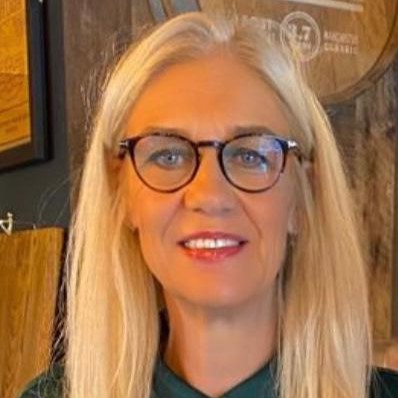
Dr Stanford
Growing up with a blind grandparent, her interest in eye health started in childhood, Dr Stanford said. “My late grandfather was registered blind and I grew up helping him get around and also making sure I did not leave my toys for him to fall over!”
In her current role, Dr Stanford teaches ophthalmic nursing courses at degree and master’s level. She is also leading a project with Health Education England, developing a national curriculum for ophthalmic nurses. “Ophthalmic nurses are pivotal to the UK eyecare workforce and their education and training supports patient outcomes.” Her research interests also include ophthalmic patient care, specifically awareness of Charles Bonnet syndrome, vision and falls, and ophthalmic nurse education, all of which she will delve into at RANZCO, she said. “I very much look forward to the opportunity to meet with New Zealand ophthalmic nurses to learn about ophthalmic nursing from their perspective.”
Bronwyn Ward
Delivering this year’s John Parr Medal Lecture, Bronwyn Ward is a senior ophthalmic nurse who was instrumental in the migration of the entire ophthalmology department from Auckland City Hospital to Greenlane Clinical Centre in 2005, as well as the subsequent major migration of the eye clinic to an alternative site at Greenlane, the latter including a total redesign to optimise patient flow and increase staff efficiency and comfort. She helped set up the West Auckland satellite eye clinic to facilitate services for local patients and has spent many years as a nurse educator and encouraging and facilitating career progression for other ophthalmic nurses.
Her Medal Lecture, entitled, ‘Please don’t send me to the eye ward again…' will cover her “reluctant” journey into the world of ophthalmology and why she came to love it. “(It was) the challenges, frustrations and unexpected joy and privilege in watching and supporting so many other ophthalmic nurses, doctors and allied health in their careers in the field. As the unexpected and humbled medal award winner for 2023 it is my honour to give the John Parr Medal Lecture on life as an ophthalmic nurse in the last 45 years.”
For the full programme, see here.





